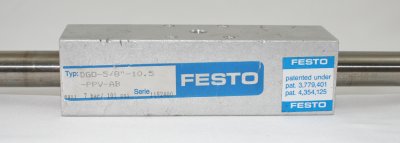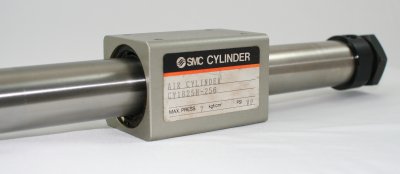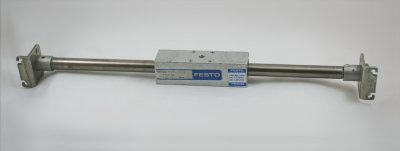| Festo Corp. v. Shoketsu Kinzoku Kogyo Kabushiki Co., Ltd. in the Supreme Court of the United States 535 U.S. 722 (2002)
|
|
Amending patent claims creates a presumption against the inventor under the doctrine of equivalents Festo obtained a patent on a kind of magnetic rodless cylinder – a device that moves other objects in a precise way in a side-to-side motion - used in automated assembly lines and in other industrial settings. Rival SMC started selling a similar device with a small difference that would technically avoid directly infringing Festo’s patent. Festo sued SMC and hoped to use the “doctrine of equivalents” to overcome SMC’s technical difference to win its patent infringement suit. Federal Circuit had held that because the applicant had amended the language of its claims in the process of applying for the patent, Festo was “estopped,” or prevented, from arguing that doctrine of equivalents should apply. The Supreme Court held that amending claims in a patent application creates a presumption that the inventor surrendered the ability to use the doctrine of equivalents for the portion of the claim amended, but that the presumption could be overcome under the correct circumstances. The Festo case struck fear into the hearts of patent attorneys and patent agents everywhere - causing them to be extremely cautious about modifying their patent applications after the initial filing with the Patent & Trademark Office.
Links:
|



